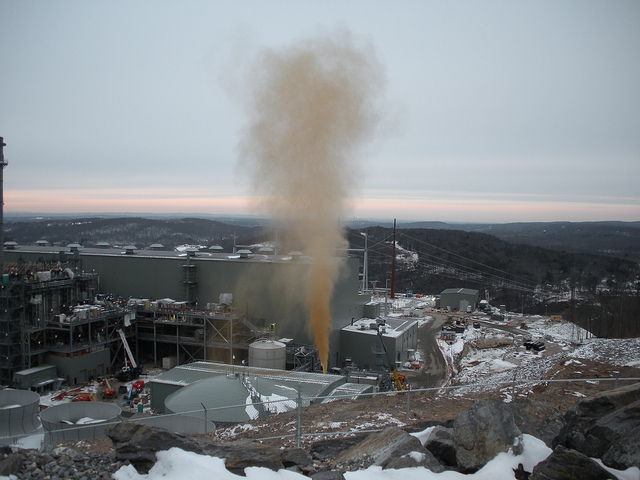A new study recommends cutting soot and methane emissions to curb warming and improve health.

Carbon dioxide is the primary driver of climate change, but it’s not the only one. Methane also contributes to warming. In fact, a single molecule of methane causes more warming than a single molecule of carbon dioxide does. But it doesn’t stay in the atmosphere as long, so a new study from NASA affirms what others have suggested for years: that cutting methane emissions would show quicker results than cutting CO2 emissions. The same goes for soot, also known as black carbon. Plus, cutting back on soot would put a damper on the respiratory diseases it causes, and capturing more methane, which is basically natural gas, would save money.
NPR’s Christopher Joyce reports on the study for All Things Considered. He talked to Durwood Zaelke, who runs the Institute for Governance and Sustainable Development in Washington, D.C.
Zaelke is a grizzled veteran of the climate wars: he was in Kyoto in 1997 when the world’s nations drafted a treaty promising to curb warming, and he has watched that promise fizzle while the planet’s temperature continues to rise.
Zaelke says the Kyoto treaty focused too much on the main greenhouse gas: carbon dioxide.
“I mean, it’s like picking a fight with the biggest bully in the schoolyard,” he says with a note of lament. “You know, you get your lunch money stolen, you get your pants pulled down, and you get sent home humiliated. We’ve made about that much progress with CO2.”
Cutting down on methane and soot alone won’t solve climate change, but the scientists in the study say they expect they could “reduce projected global mean warming [by about] 0.5°C by 2050.”
The article, “Simultaneously Mitigating Near-Term Climate Change and Improving Human Health and Food Security,” by lead author Drew Shindell, was published in Science (the full article is available for a fee).
